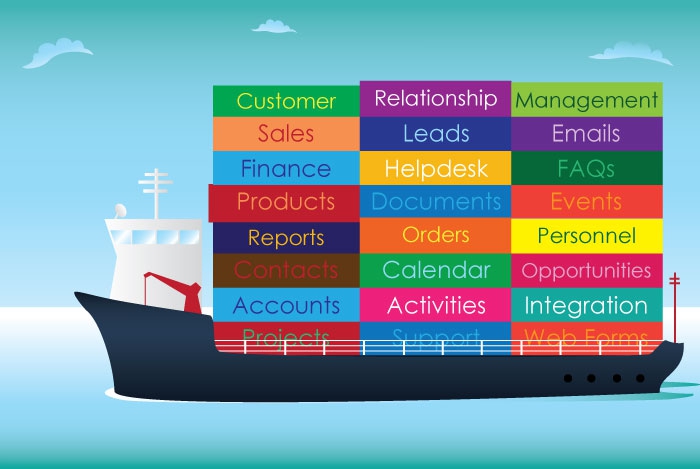Crm stand does jun
CRM, or Customer Relationship Management, is an indispensable tool for businesses in today's competitive market. It enables companies to manage their interactions and build strong relationships with their customers – the backbone of any successful venture. Let's dive deeper into what CRM stands for and how it can benefit your business.
Understanding CRM
At its core, CRM refers to a set of strategies, practices, and technologies that companies use to manage and analyze customer interactions throughout their lifecycle. It encompasses various business processes, including sales, marketing, and customer service.
CRM systems provide a centralized platform that allows businesses to consolidate customer data, track interactions, and automate routine tasks. This enhances productivity, improves customer service, and strengthens customer loyalty.
The Importance of CRM
Effective CRM implementation is vital for businesses of all sizes. It provides a host of benefits that can give you a competitive edge in the market:
- Enhanced Customer Service: CRM enables companies to resolve customer issues quickly and efficiently by having access to a comprehensive customer database. This leads to improved customer satisfaction and retention.
- Increased Sales: By tracking customer behavior and preferences, CRM systems can identify potential leads and cross-selling opportunities. This helps sales teams target the right customers with personalized offers and close deals more effectively.
- Streamlined Marketing: CRM allows businesses to segment customers based on demographics, purchase history, and other criteria. This enables targeted marketing campaigns and improves the overall return on marketing investment.
- Improved Collaboration: CRM platforms provide real-time data access to all employees, facilitating seamless collaboration between different departments. This results in better communication and a more customer-centric approach.
Implementing CRM
When implementing a CRM system, businesses need to carefully choose the right solution and follow best practices. It involves:
- Defining Goals: Clearly outline your objectives and what you aim to achieve with CRM.
- Understanding User Needs: Involve employees from different departments to ensure the CRM system caters to everyone's requirements.
- Data Quality: Ensure the accuracy and completeness of customer data to maximize the system's benefits.
- Training and Adoption: Provide comprehensive training sessions to employees to ensure smooth adoption and utilization of the CRM system.
- Continuous Improvement: Regularly assess and optimize your CRM processes to adapt to changing business needs and evolving customer expectations.

Wrapping it Up
CRM stands for Customer Relationship Management – a crucial aspect of modern businesses. It empowers companies to efficiently manage customer interactions, drive sales, provide exceptional customer service, and foster long-term customer relationships. By implementing a reliable CRM system, businesses can unlock significant growth potential and gain a competitive advantage in today's dynamic market.

Remember, successful CRM implementation requires careful planning, user involvement, and continuous improvement. So, explore the available CRM options, engage your employees, and embrace the power of effective customer relationship management to steer your business towards unprecedented success!